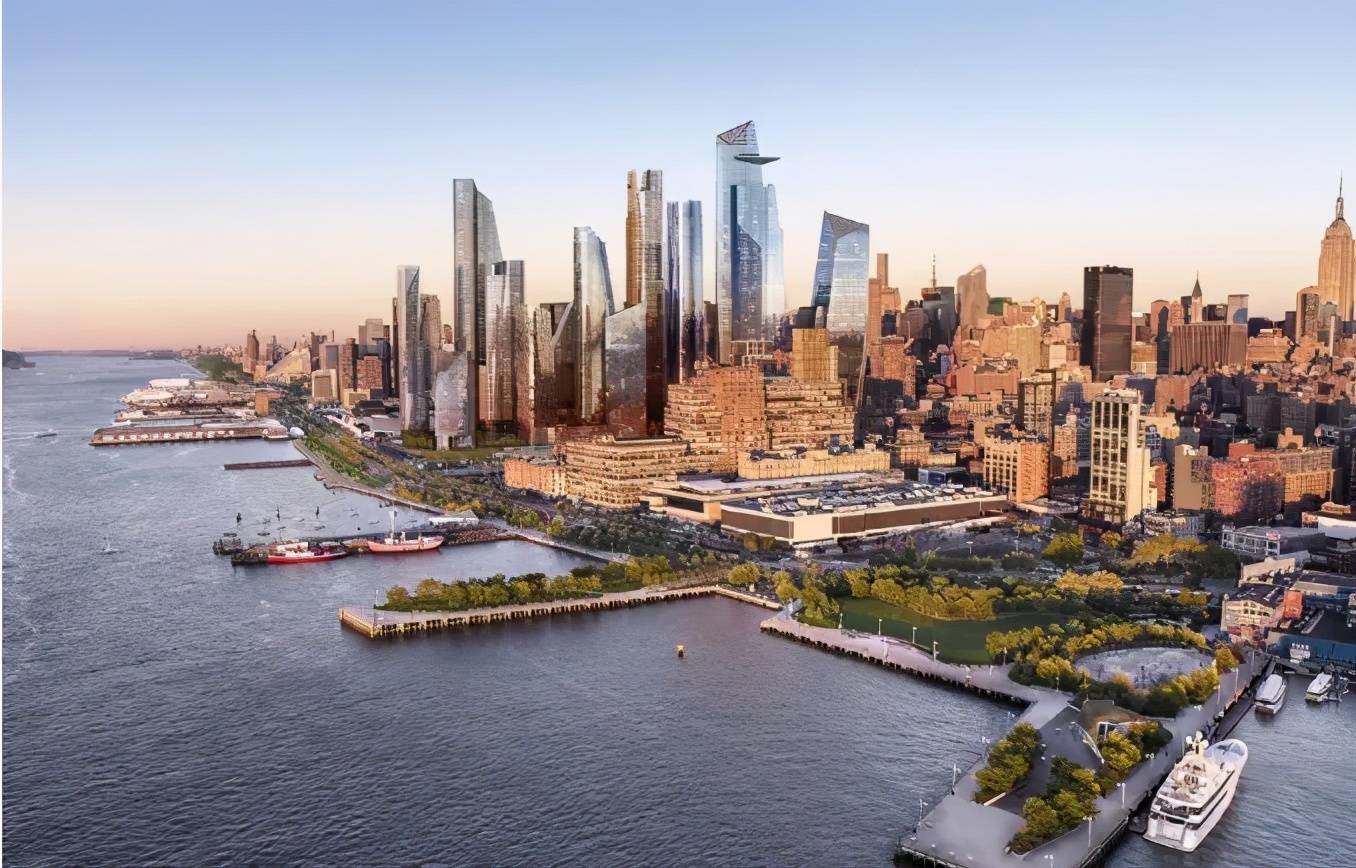The Bundestag has decided on the nationwide uniform Corona “emergency brake”. The federal government can thus significantly expand its powers. The opposition also sharply criticized this in the Bundestag debate.
Despite extensive criticism from the opposition, the Bundestag passed a majority of changes to the Infection Protection Act and thus created the legal basis for implementing the “Federal Emergency Brake”. In the roll call vote, 342 MPs voted for the law, 250 spoke out against the “emergency brake”. 64 MPs abstained. AfD, FDP and the Left announced their rejection, the Greens their abstention.
From curfew to distance learning
The “emergency brake” provides for uniform tightening of the corona measures nationwide as soon as certain incidence values are reached. If the seven-day incidence exceeds 100 new infections per 100,000 inhabitants, night curfews are to come into force. With a value of up to 150, shops can still offer their customers shopping by appointment – provided the customers can be tested beforehand. And from a seven-day incidence of 165, schools must return to distance learning.
Tempered after criticism
The federal government had already presented the plans for the nationwide uniform “emergency brake” about two and a half weeks ago – at that time with even stricter regulations in some cases. For example, the nightly curfew should apply from 9 p.m. instead of 10 p.m. as it is now and close non-systemically important stores completely from a seven-day incidence of 100. But the criticism of these strict requirements was too great, so it was reworked. The now somewhat milder variant of the “Federal Emergency Brake” must be approved by the Federal Council tomorrow. If the regional chamber also agrees, the regulations should initially apply until the end of June.
Numerous objections from opposition parties
The “federal emergency brake” remains controversial. The FDP wants to lodge a constitutional complaint against the regulations before the Federal Constitutional Court. Party leader Christian Lindner said in the Bundestag that the curfews were “not necessary to fight the pandemic, but an encroachment on fundamental rights”. For the Left Party, the changes in the Infection Protection Act still leave too many gaps, especially with regard to companies. The parliamentary group leader Amira Mohamed Ali emphasized during the Bundestag debate. The work in the home office must be controlled more closely. In addition, it is not sufficient that employers have to offer their employees corona tests, but employees are free to take them. The Green health politician Maria Klein-Schmeink had criticized the regulations as “too half-hearted”. Fundamental criticism of the “emergency brake” came from the AfD. From the point of view of parliamentary group leader Alexander Gauland, the “emergency brake” represents an “attack on the rights of freedom, federalism and common sense” as well as a “disregard for fundamental rights”.
Economy speaks of “symbol politics”
The “Federal Emergency Brake” has met with a negative response in the economy. From the point of view of the managing director of the German Retail Association (HDE), Stefan Genth, the measures decided “missed the target”. Closing shops in particular does not help in the fight against the pandemic. The federal government continues to pursue “symbolism”. The German Tourism Association particularly criticized the ban on accommodation in hotels, guest houses and other guest establishments. With this measure, the grand coalition is raising “a general suspicion of tourist overnight stays without providing further, comprehensible justifications,” said managing director Norbert Kunz. The German Hotel and Restaurant Association Dehoga also joined in the criticism of the corona policy, which calls for a “special sacrifice” from the hospitality industry while the rest of the economy continues to operate. Therefore, there must be additional financial aid for the industry.
Thousands protest against corona policy
At the same time as the Bundestag debate, thousands protested against the federal government’s corona policy and the “emergency brake” in Berlin. According to the police, around 8,000 demonstrators had gathered on the Strasse des 17. Juni. Originally 500 participants had been registered for the protest. Around 2,200 officers were on duty in the course of the demonstration, and water cannons were also available, according to the police. The Reichstag building and the Brandenburg Gate were cordoned off over a large area. In the early afternoon, however, the police broke up the demonstration. “Unfortunately we had extensive violations of the hygiene regulations,” said a police spokeswoman for the decision. Around 150 demonstrators were also temporarily arrested, for example because they refused to wear mouth and nose protection. The “lateral thinking” movement had also announced a demonstration in Berlin today. But the administrative court in Berlin decided in an urgent procedure to ban the event. The assembly would pose direct threats to the fundamental right of third parties to life and physical integrity, the judges said in the reasoning.





























































You must log in to post a comment.